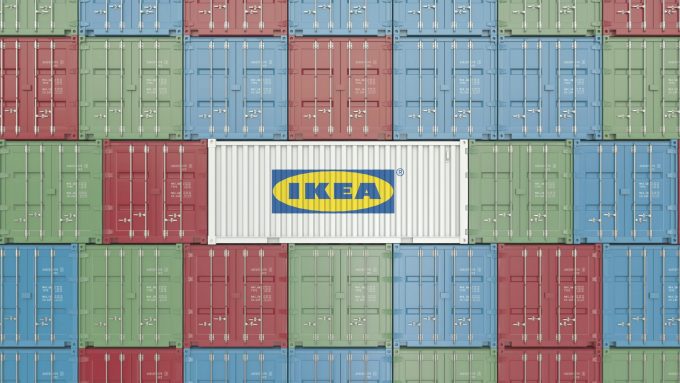US forwarders warn peak volume rise will resurrect congestion
US forwarders are complaining of a lack of effort to improve supply chain resilience to ...

�
Swedish furniture manufacturing giant Ikea has called for an end to fossil fuel subsidies.
At the COP26 climate conference in Glasgow, Andreas Ahrens, Ikea’s head of climate, ...

Comment on this article